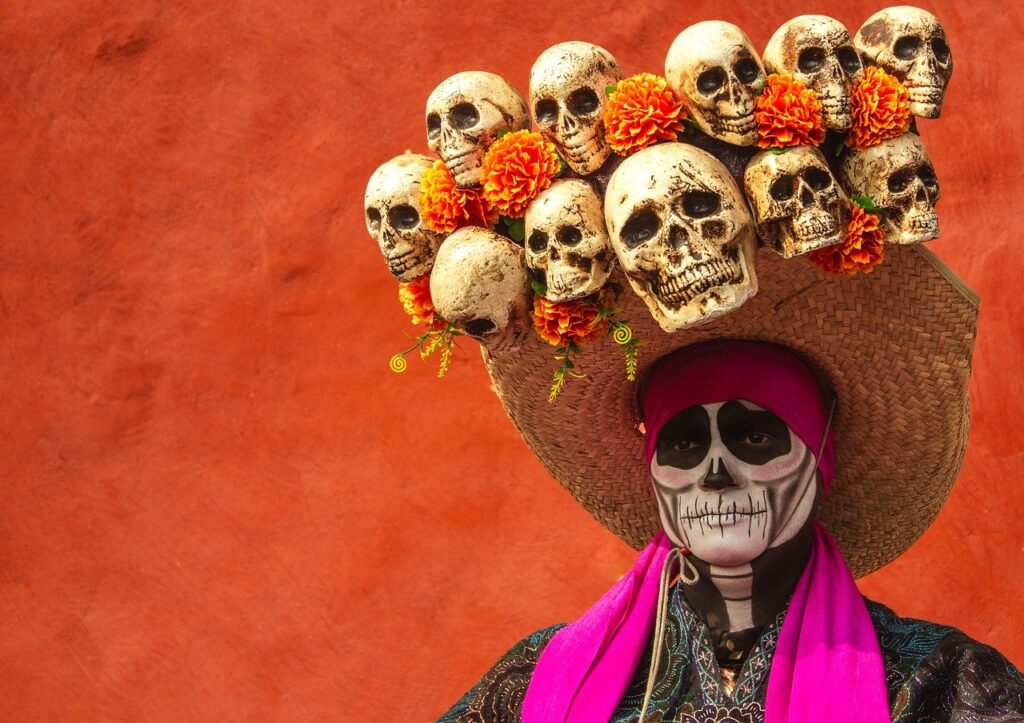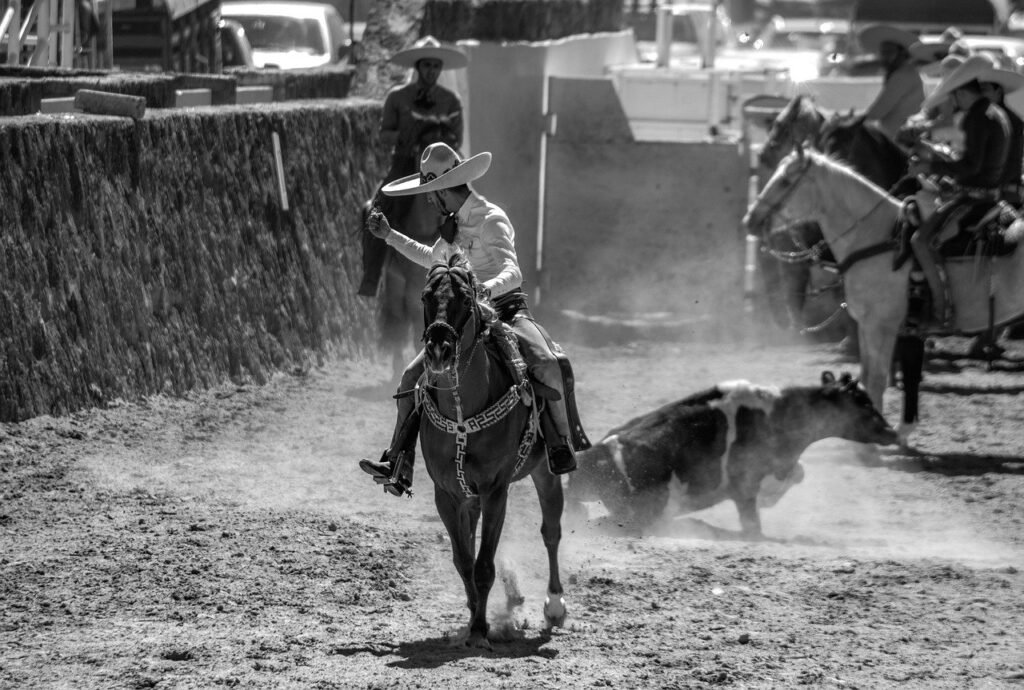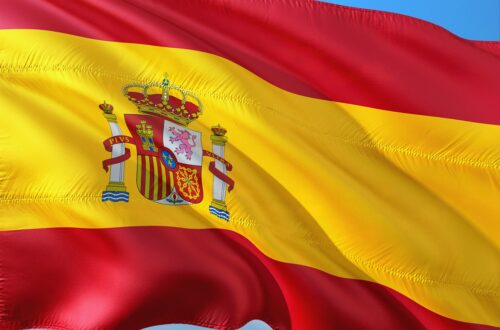
Interesting Facts About Mexican Culture (Read The Best 88)
The Resilience and Evolution of the Mexican Economy
- A Tale of Growth and Adaptation: Mexico’s economy, characterized by its resilience and adaptability, mirrors the country’s cultural evolution. From agriculture and manufacturing to technology and tourism, the Mexican economy reflects a nation that is constantly evolving while staying true to its roots.
The Influence of Mexican Philosophy and Thought
- Intellectual Contributions to Global Discourse: Mexican philosophers and thinkers, often overshadowed in global discourse, have made substantial contributions to fields ranging from ethics to social theory, reflecting the intellectual richness of Mexican culture.
The Significance of Mexican Environmental Efforts
- A Commitment to Sustainability: Mexico’s environmental policies and initiatives, aimed at preserving its rich biodiversity and combating climate change, demonstrate a deep-rooted respect for nature ingrained in Mexican culture.
The Vibrancy of Mexican Street Art and Urban Expression
- A Canvas for Cultural Narratives: The streets of Mexico’s cities are adorned with vibrant murals and graffiti, showcasing the country’s rich artistic traditions and serving as a medium for social and political expression.
The Role of Women in Shaping Mexican Culture
- A Legacy of Strength and Influence: Women have played a pivotal role in shaping Mexican culture, from the revolutionary figures like La Adelita to contemporary leaders and artists. Their contributions reflect the country’s progress towards gender equality and empowerment.
The Fusion of Ancient Traditions and Modern Life
- Harmonizing Past and Present: The fusion of ancient traditions with modern lifestyles is a unique feature of Mexican culture. This blend is evident in everything from architecture and festivals to cuisine and daily customs.

The Global Reach of Mexican Sports
- More Than Just a Game: Mexican sports, particularly football (soccer), have a significant international following. Athletes like boxers and baseball players have also put Mexico on the global sports map, showcasing the country’s athletic talent and passion.
The Evolution of Mexican Fashion and Textiles
- From Traditional to Contemporary: The evolution of Mexican fashion, from indigenous textiles to modern design, reflects the country’s ability to adapt its rich sartorial heritage to contemporary trends and global fashion scenes.
The Richness of Mexican Gastronomy: A UNESCO Intangible Cultural Heritage
- Culinary Artistry Recognized Worldwide: In 2010, Mexican cuisine was designated as a UNESCO Intangible Cultural Heritage of Humanity, acknowledging its role in cultural identity and community.
The Future of Mexican Culture: Embracing Change while Preserving Heritage
- A Dynamic and Forward-Looking Society: As Mexico moves into the future, it continues to embrace change while preserving its rich cultural heritage. This balance between tradition and modernity is what makes Mexican culture so dynamic and captivating.
FAQs About Interesting Facts About Mexican Culture
How has the Mexican economy evolved in recent years and what does it reflect about the culture?
In recent years, the Mexican economy has evolved to become more diversified and integrated into the global market. This shift reflects a dynamic culture that is both open to change and deeply rooted in tradition.
The economy has seen significant growth in sectors like manufacturing, technology, and services, including a thriving tourism industry. This diversification is a testament to the adaptability and resourcefulness of the Mexican people.
Culturally, it reflects a balance between preserving traditional practices, such as artisan crafts and agriculture, and embracing modernization and innovation, illustrating Mexico’s ability to navigate change while maintaining its cultural essence.
In what ways has Mexican street art become a tool for cultural and social expression?
Mexican street art has emerged as a powerful tool for cultural and social expression, reflecting the country’s rich artistic heritage and contemporary societal issues. Street art in Mexico often goes beyond aesthetics, serving as a medium for political commentary, social critique, and community storytelling.
Artists use public spaces to address topics such as social injustice, indigenous rights, environmental concerns, and political corruption. This form of expression showcases the vibrant and often challenging aspects of Mexican society, giving voice to diverse perspectives and strengthening Mexico’s cultural identity as one that is both critical and creatively resilient.
How are women influencing the contemporary Mexican cultural landscape?
Women are significantly influencing the contemporary Mexican cultural landscape in various spheres. In arts, women are prominent figures in literature, visual arts, music, and cinema, often using their work to explore and challenge traditional gender roles and social norms.
In politics and activism, women are at the forefront of movements advocating for gender equality, human rights, and social justice. Their contributions are reshaping perceptions of women in Mexican society, promoting greater gender equity and inclusivity. This influence is a reflection of Mexico’s evolving culture, where traditional values are being reassessed in the context of modern societal demands.
What is the significance of Mexican gastronomy being recognized by UNESCO?
The recognition of Mexican gastronomy as a UNESCO Intangible Cultural Heritage of Humanity in 2010 is a significant acknowledgment of its cultural importance. This recognition highlights the unique and complex culinary traditions of Mexico, emphasizing the role of food as a key element of cultural identity and social cohesion.
It brings global attention to the traditional farming, cooking techniques, and communal eating practices that are central to Mexican cuisine. This honor not only celebrates the diversity and richness of Mexican food culture but also helps in preserving and promoting these culinary traditions for future generations.
How is Mexican culture adapting to the modern world while preserving its traditions?
Mexican culture is adapting to the modern world through a dynamic process of integration and preservation. While embracing technological advancements, economic development, and global trends, Mexico continues to hold onto its rich traditions and heritage.
This adaptation is evident in various ways, such as the fusion of traditional and contemporary elements in arts, the preservation of indigenous languages and practices, and the modern interpretation of historical festivals and rituals.
The cultural landscape is marked by a conscious effort to maintain the essence of Mexican identity while navigating the challenges and opportunities of a connected, modern world. This balancing act reflects the resilience and creativity of Mexican culture in the face of change.

Facts About Mexican Culture Conclusion
In exploring the interesting facts about Mexican culture, we have journeyed through a land rich in history, art, and tradition. From the ancient pyramids to the bustling streets of modern cities, Mexico presents a tapestry of experiences that are as diverse as they are profound.
The resilience of its economy, the vibrancy of its street art, the influence of its sports, and the global recognition of its cuisine all speak to a culture that is continuously evolving while staying true to its roots.
As Mexico strides forward, it does so with a deep respect for its past and an eager embrace of the future, making it a nation as captivating as it is unique. This exploration has revealed that the most interesting facts about Mexican culture lie not just in its past achievements but in its ongoing story of adaptation, resilience, and cultural richness.
Please share these 88 interesting facts about Mexican culture with your friends or on Social Media. You just might help others enjoy a planned trip to Mexico, thank you.





2 Comments
Pingback:
Pingback: